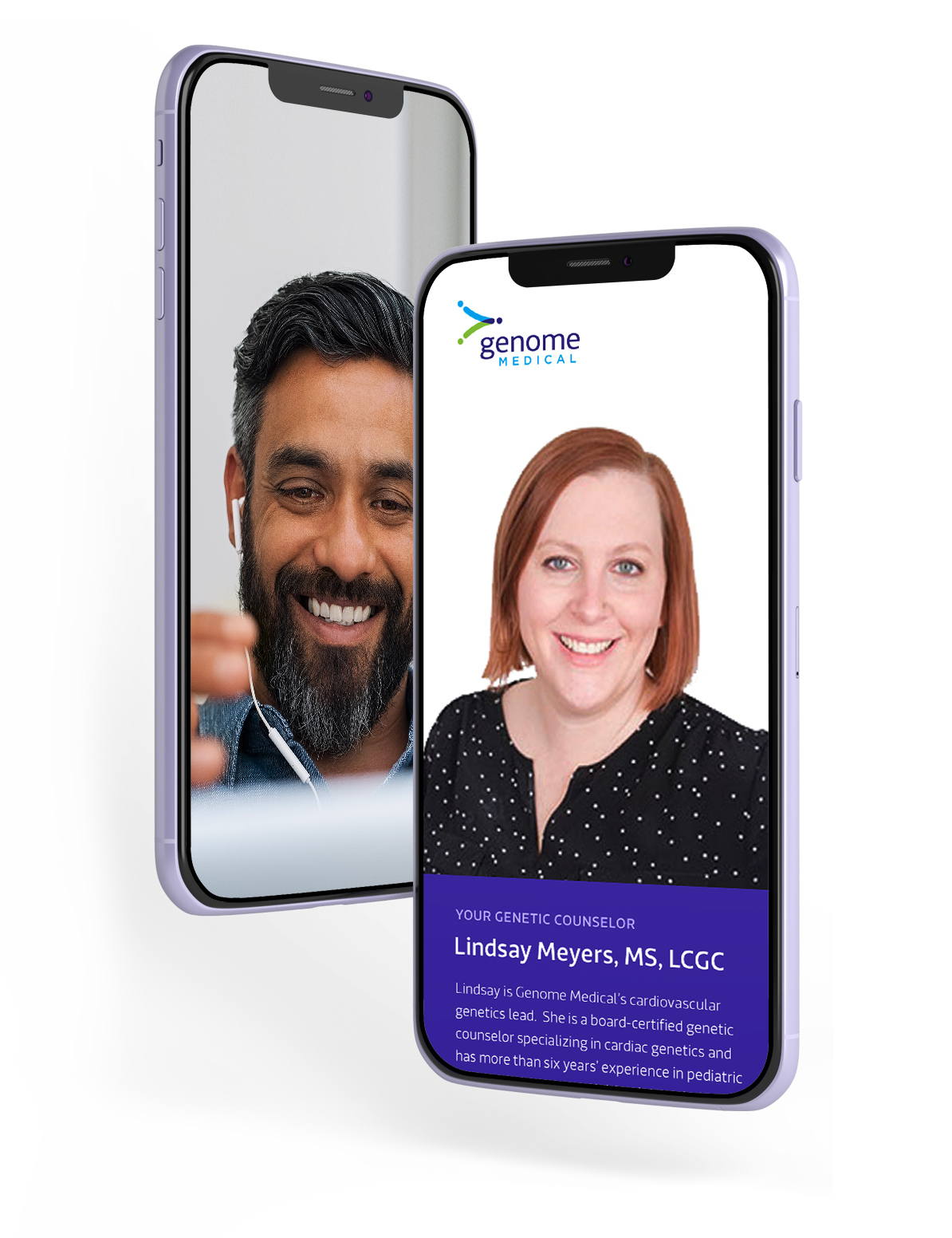Planning a pregnancy comes with many unknowns, and people often wonder what genetic testing options are available to help them better understand their risk to have a child with a genetic condition. Preconception genetic testing, also known as carrier screening, can be done prior to conception or during a pregnancy to assess if a person is a carrier of certain genetic conditions. People who are carriers are typically healthy and often do not have any family history of a genetic disorder, yet they are at an increased risk to have an affected child.
For information about genetic testing options that can only be performed during a pregnancy, visit genetic testing for pregnancy.








